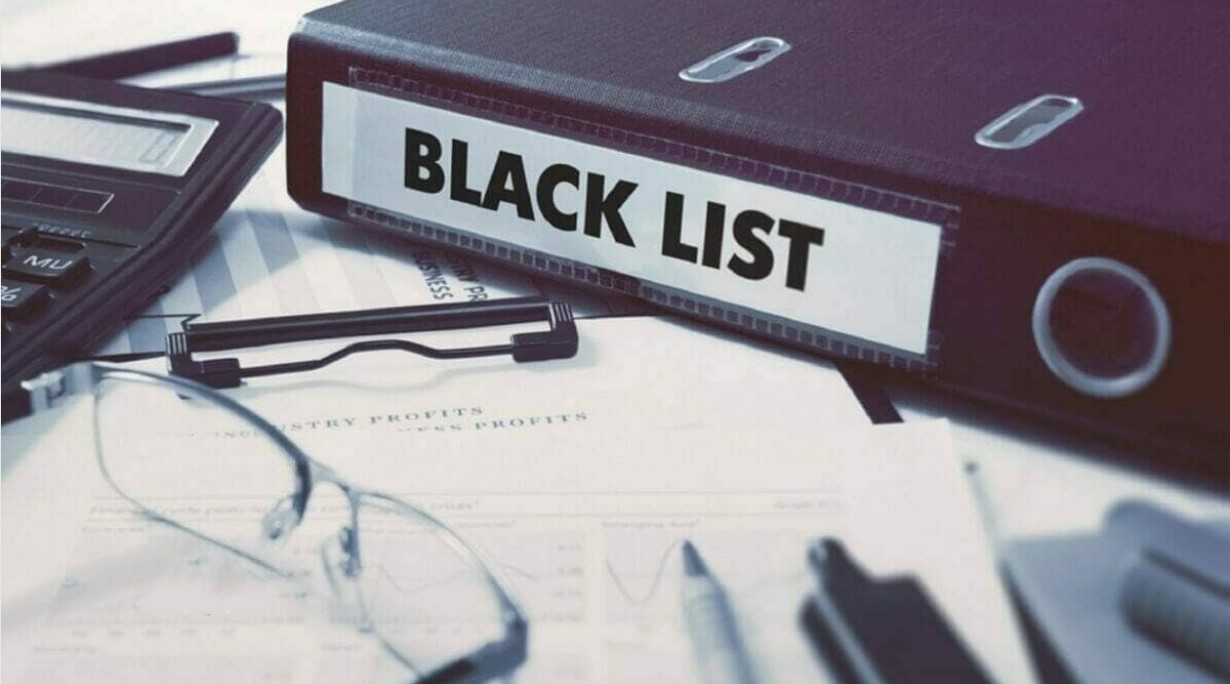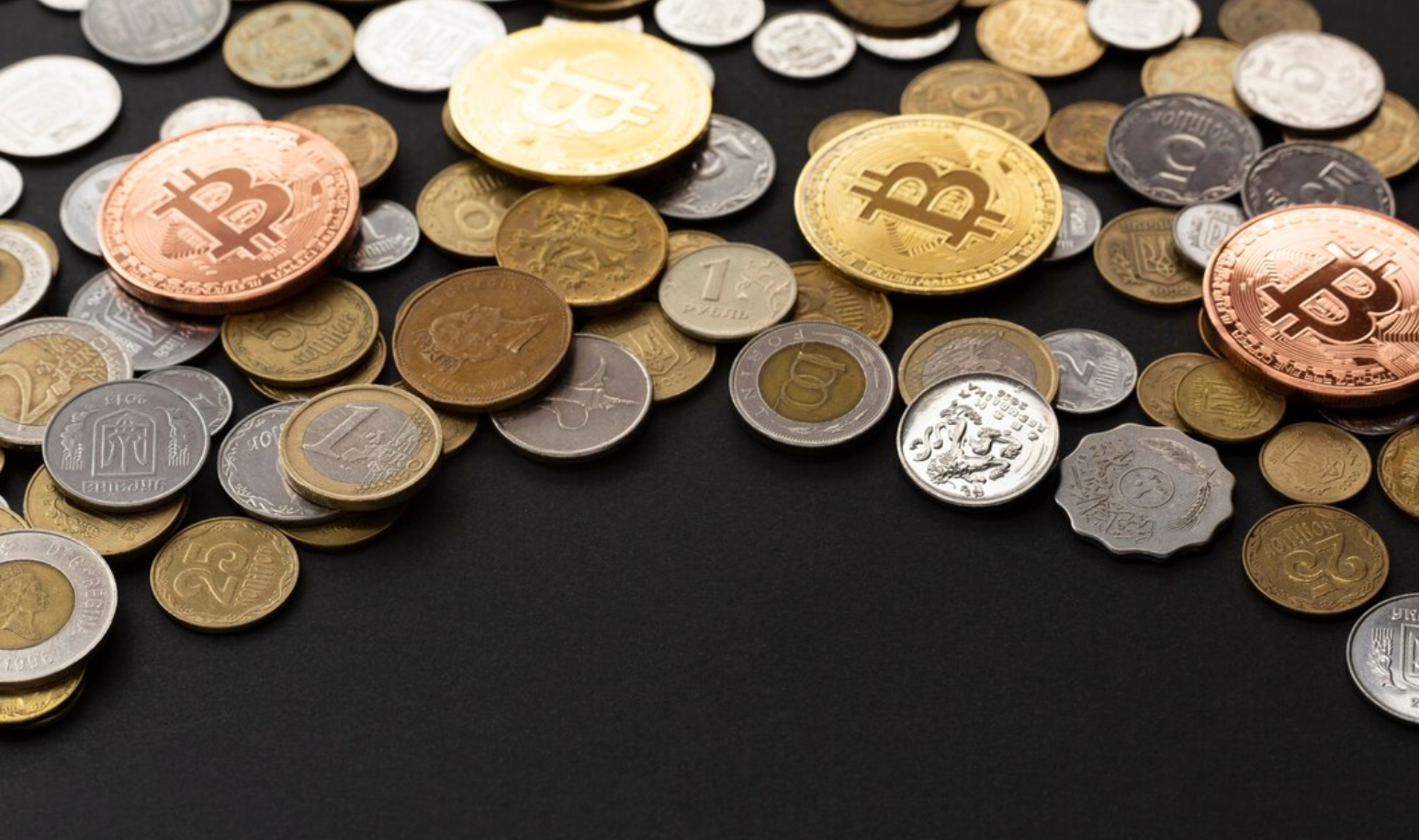On-Chain War – Bitcoin (BTC) addresses join the Office of Foreign Assets Control (OFAC) blacklist, for its alleged links with an Iranian ransomware group.
OFAC blacklists new bitcoin addresses
Bitcoin addresses are non grata in the land of Uncle Sam. According to a communicated from September 14, the blacklist of the Office of Foreign Assets Control of the United States Department of the Treasury, welcomes newcomers, including crypto addresses allegedly linked to an Iranian ransomware group.
This measure also targets two entities that would belong to this group, supposedly affiliated with the Islamic Revolutionary Guard Corps of Iran. The organization is said to have carried out cyber attacks, including those with compromised the systems of a children’s hospital in the United States.
She would also have had in her sights “the military, diplomatic and government personnel of the United States and the Middle East”.
>> Are you looking for a duly regulated crypto platform? Sign up on Binance (commercial link) <<
BTC addresses used for ransomware?
OFAC tackles seven BTC addresses who would be linked to the two Iranians, Ahmad Khatibi Aghada and Amir Hossein Nikaeed Ravar. These people are sanctioned for their relations with the technology and computer services company Afkar System, which is one of the two entities implicated by the Office.
Ahmad Khatibi Aghada holds the position of CEO of Afkar System, and sits on its board of directors. His relationship with the company dates back to at least 2017. Amir Hossein Nikaeed Ravar was an employee of the company from 2015 to 2019. Both are said to have contributed to “the compromise of victims’ networks”.
Henceforth, all American organizations or individuals coming into contact with these Iranian entities and nationals, whom the Iranian institution has specially designated, expose themselves to legal proceedings. Transactions involving these BTC addresses are therefore illegal.
Towards increased on-chain surveillance by the United States?
OFAC wants to track on-chain crypto transactions, and the agency has even invested in a tool that would allow it to carry out this mission. Last year, it launched a call for tenders for a “blockchain tracking tool”.
And this is not the first time that the Bureau has attacked an Iranian national, suspected of being directly or indirectly linked to activities harmful to the interests of the United States. The agency had blacklisted the Iranian Mohammad Ghorbaniyan, who had given his version of the facts, in 2018.
While OFAC’s sanctions aimed at cracking down on criminals involved in cyberattacks are entirely legitimate, the agency has still drawn the ire of the crypto community by going after the Tornado Cash mixer.
Avoid too-good-to-be-true offers like the plague and get into the habit of being healthy with suspicion. On the other hand, also learn to place reasonable trust in respectable and recognized players in the ecosystem. Register on Binance, undisputed leader of the crypto sector. In addition, this reference exchange has obtained the status of PSAN in France (commercial link





